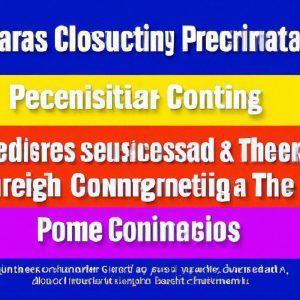
Unlocking the Benefits: How to Place Your Home in a Trust
Understanding the Process of Transferring Residential Property to a Trust Shifting ownership of a residential property into a trust can be a strategic financial decision with multiple benefits for property owners. This move not only safeguards assets but also simplifies ownership transfer and potentially reduces tax obligations. However, many individuals may feel unsure about the process and advantages of transferring residential property to a trust. In this article, we will explore the steps involved in this transfer, the benefits it offers, and practical advice to assist you through the process. Benefits of Establishing a Trust for Residential Property Asset Protection: Placing your property in a trust provides a protective layer against legal actions, creditors, and other risks, ensuring that your







